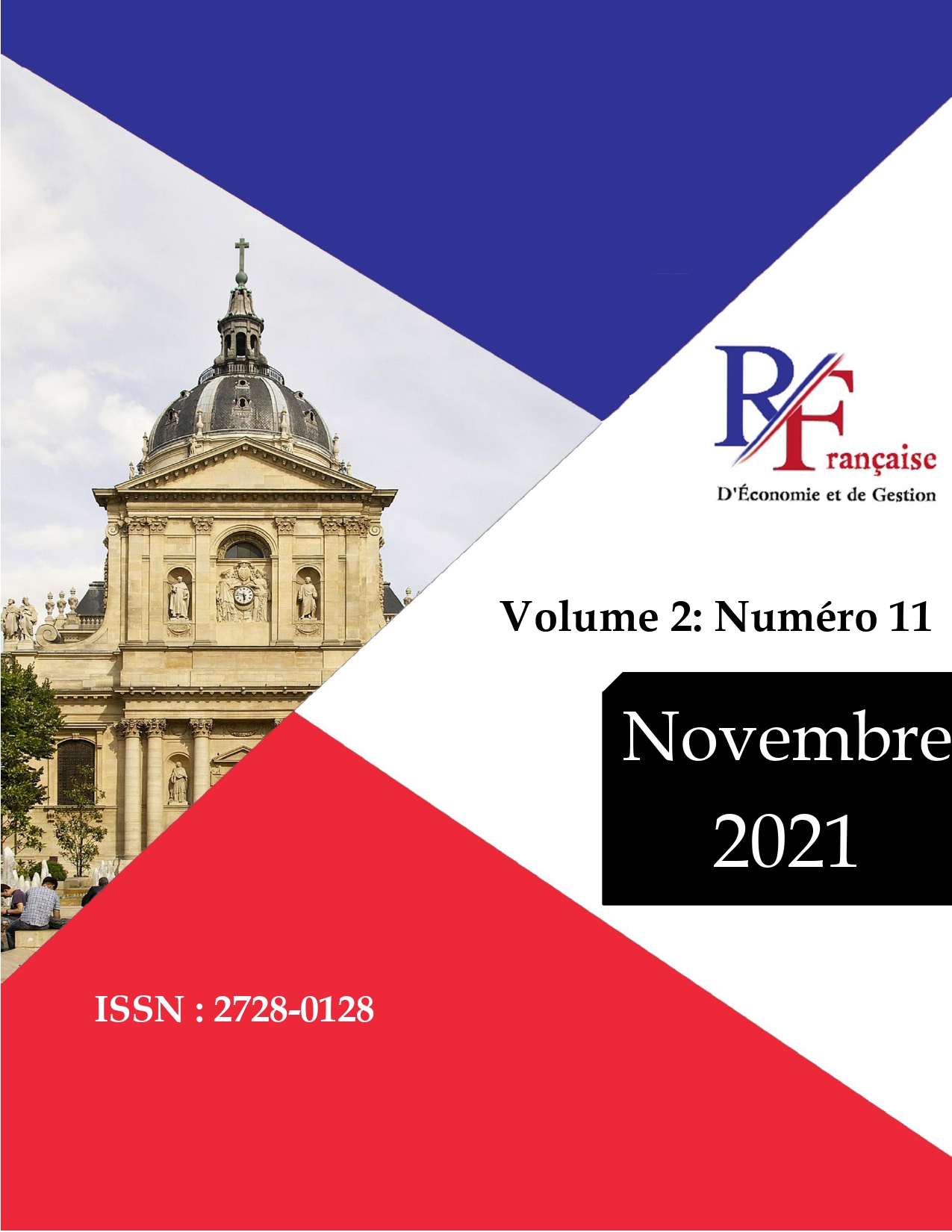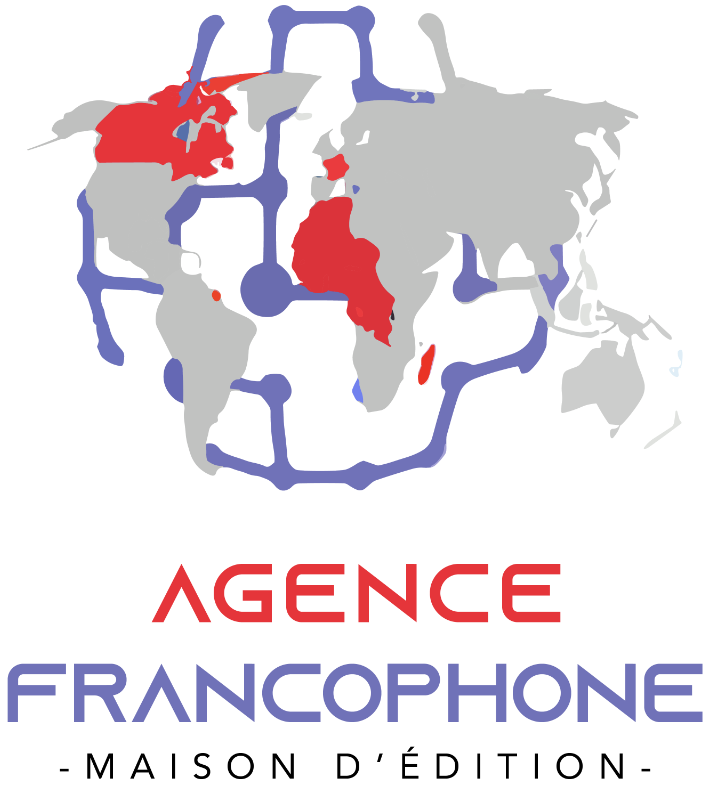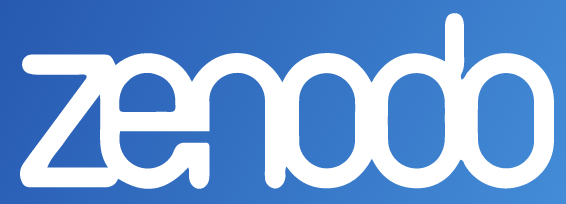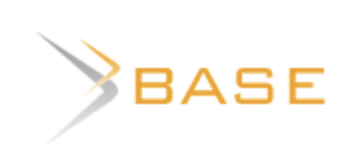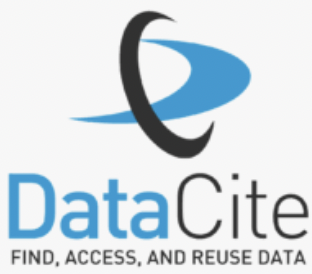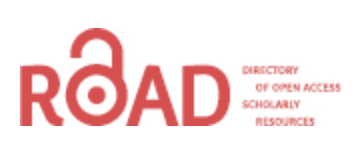Optimal Taxation and Economic Growth in Côte d’Ivoire: Empirical Evidence in Time Series
Mots-clés:
Optimal taxation, tax revenue, public expenditure, economic growth, Côte d’IvoireRésumé
This article aims to analyze the optimal level of taxation in Ivory Coast through an augmented Scully model. This model highlights a U-shaped curve and confirms that the effects exerted by the level of taxation on economic activity in Côte d'Ivoire are non-linear. The results of the estimates, covering the period from 1975 to 2019, argue that the optimal rate of taxation in Côte d'Ivoire would be 34.9% of GDP. However, an increase in public investment would allow the economy to move towards this threshold in the short and long term. In addition, the decade of socio-political instability has negatively and significantly affected the mobilization of tax revenue. These results imply that the level of fiscal pressure still reached by the Ivorian economy remains below its optimal value. From a managerial point of view, knowledge of the tax optimum will allow the tax administration to implement effective tax reforms in order to maximize state revenues.
##plugins.generic.usageStats.downloads##
##submission.downloads##
Publiée
Comment citer
Numéro
Rubrique
Licence
Copyright (c) 2021 OYIBO Paul Vivien

Ce travail est disponible sous licence Creative Commons Attribution - Pas d’Utilisation Commerciale 4.0 International.

